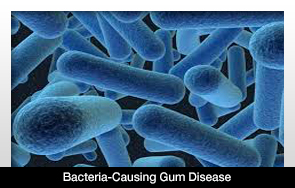 |
A South Carolina senator wants the state to explore the idea of checking dental offices for unsafe conditions. The practice would be similar to the way restaurants are checked for bad food and the overall conditions.
Sen. Harvey Peeler came up with the idea after learning routine checks were not conducted in South Carolina. The number of states that perform such checks is in the double digits. Barbershops and hair salons in South Carolina are routinely checked for cleanliness.
Other lawmakers in the state believe it would at least make sense to explore the idea of performing routine checks on dental offices.
One of the issues, however, is that there are three agencies—the Department of Health and Environmental Control, the Department of Labor, Licensing and Regulation, and the state Occupational Safety and Health Administration—that may be involved with checking up on issues like the conditions of a dental office.
As of now, these agencies only look into issues when there is a formal complaint. In addition to the 15 states that conduct routine dental checks, nine more look into complaints, as South Carolina does.
In other states, such as Ohio, the checks do help to clean up some dental offices. In the last month, six dentists and a radiographer were found to have violated some of the state’s safety laws.
The South Carolina Board of Dentistry is in charge of licensing exams and the annual registrations of dentists, hygienists and laboratory technicians. But it does not conduct routine checkups as of now.
The South Carolina Occupational Safety and Health Administration claims that dental offices in the state are subject to federal safety standards. But nothing is done to see if the dentists are following the regulations.
In South Carolina, the 2010-11 LLR annual report showed there were a total of 86 complaints against the dental workforce, which included 2,700 dentists, 3,300 hygienists and 3,600 dental assistants. There were 71 investigations and only two licensed people—they may or may not have been dentists—were told to cease and desist.
Still, the idea of adding routine dental checks in the state











